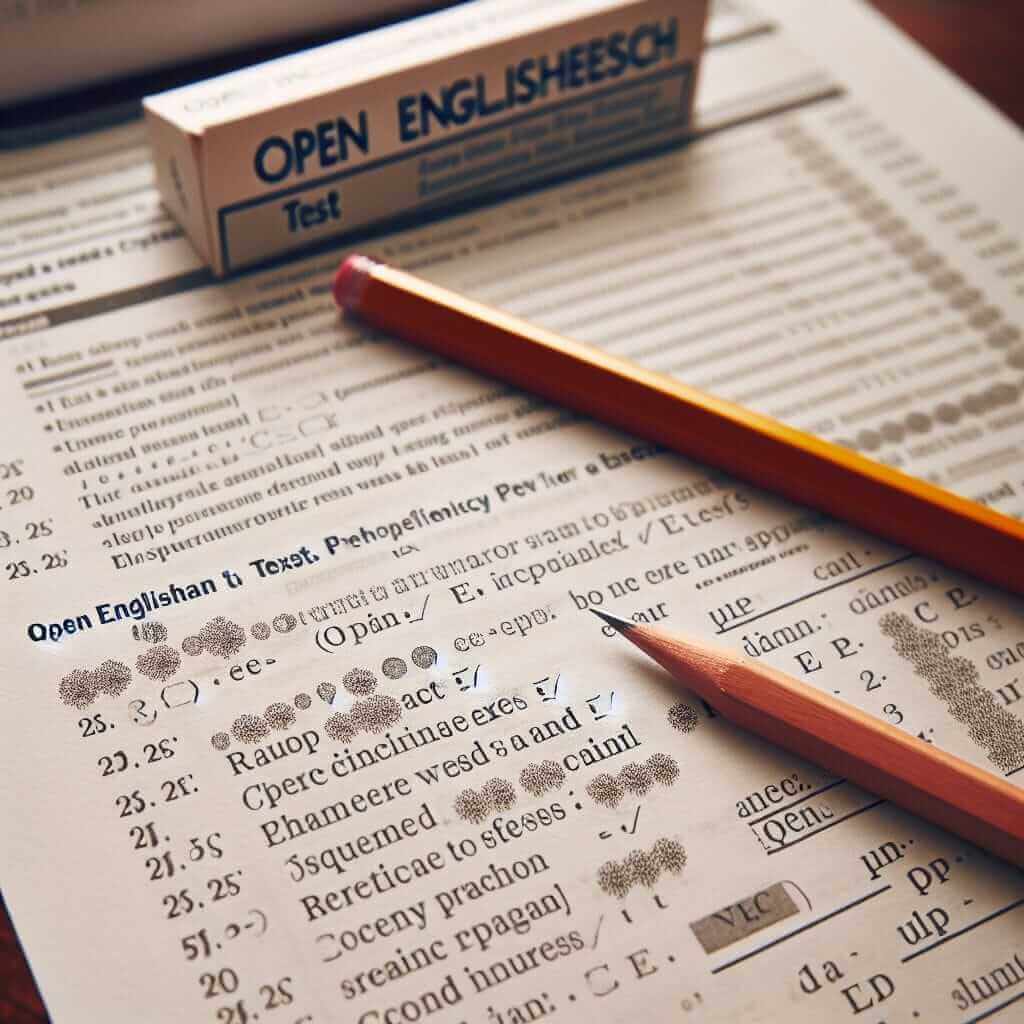As an IELTS instructor with over 20 years of experience, I’ve witnessed countless students grapple with the reading section. While many find the IELTS speaking or writing sections challenging, the reading test often proves to be a stumbling block for even the most proficient English users. So, what makes IELTS reading so difficult?
Unveiling the Challenges
The IELTS reading test evaluates far more than just your vocabulary; it assesses your ability to comprehend complex texts, identify key information, and understand the writer’s intent. Let’s delve into some of the key factors that contribute to the difficulty of this section:
1. Unfamiliar Vocabulary and Complex Sentence Structures
IELTS reading passages are often derived from academic journals, newspapers, and magazines, which utilize a vast range of vocabulary and intricate sentence structures. Encountering unfamiliar words or struggling to decipher complex sentences can significantly hinder your reading speed and comprehension.
Example:
“The burgeoning field of artificial intelligence, while promising unprecedented technological advancements, has sparked considerable debate regarding its potential societal ramifications.”
In this sentence, words like “burgeoning,” “unprecedented,” and “ramifications” might be new to some learners. The sentence structure itself is also complex, featuring a dependent clause and advanced vocabulary.

2. Time Constraints
One of the most daunting aspects of the IELTS reading test is the severe time limit. With only 60 minutes to answer 40 questions across three lengthy passages, test-takers often feel pressured to read quickly, which can compromise comprehension.
3. Diverse Range of Question Types
The IELTS reading test employs a variety of question types, each requiring a distinct approach. From multiple-choice and matching headings to sentence completion and true/false/not given questions, understanding the nuances of each question type is crucial for success.
4. Identifying the Writer’s Opinion and Purpose
Beyond simply understanding the information presented, IELTS reading questions often demand a deeper level of analysis. You may be asked to determine the writer’s opinion on a particular topic, identify the purpose of a paragraph, or recognize the tone of the passage.
Tips to Enhance Your Reading Skills
Don’t be discouraged! While the IELTS reading section presents its fair share of challenges, effective strategies and consistent practice can significantly enhance your performance:
-
Expand Your Vocabulary: Make it a habit to learn new words every day. Focus on academic vocabulary commonly found in IELTS reading passages.
-
Practice Skimming and Scanning: These techniques are essential for quickly locating specific information within a text. Skimming involves rapidly reading for the main idea, while scanning is used to find specific details.
-
Familiarize Yourself with Question Types: Understanding the different question types and their specific requirements will enable you to approach them more strategically.
-
Practice Time Management: Set realistic time limits for each passage and question type during your practice sessions to improve your speed and accuracy under pressure.
-
Read Extensively: Engage with a wide range of texts, including articles, editorials, and academic journals, to enhance your comprehension of diverse writing styles and subject matter.
Conclusion
The IELTS reading test is undeniably challenging, but with dedicated effort and a strategic approach, you can overcome these hurdles. Remember to focus on expanding your vocabulary, honing your reading skills, and familiarizing yourself with the intricacies of the test format. By embracing these strategies, you can confidently approach the IELTS reading section and achieve your desired score.